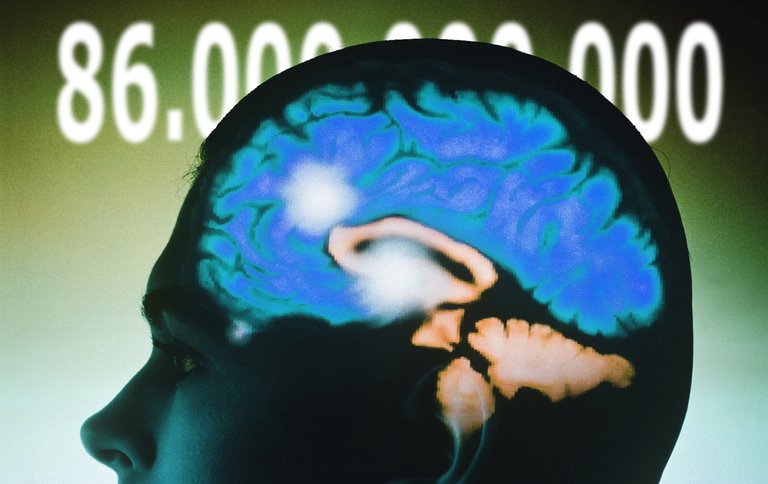Eating hot food and creating neurons

Kitchen and brain development are related, according to a group of researchers from the University of Rio de Janeiro. In fact, eating raw is a limitation to develop from a certain number of neurons. The reason is that the great development of the neuron requires energy and that more energy is obtained from hot food than from raw food.
The research has been done with primates, including man. Among all primates, man is the largest number of neurons and the difference is very large. Chimpanzees have approximately 28.000 million neurons in the brain and 33,000 million gorillas. In the case of the human being, this figure is much higher: 86.000 million neurons. The fact that this large neuronal network works consumes a lot of energy, 20% of what the body needs.
The Rio team has investigated the source of all this energy and has come to the conclusion that the source must necessarily be heated food. According to the study calculations, if it were only necessary to obtain raw food, man should eat 9 hours a day.
This conclusion corresponds to the results of other investigations of the evolution of homo. In the late 1990s, primatologists at Harvard University proposed that the human brain began to grow 1,6-1.8 million years ago, just as Homo erectus began to eat heated food. Suzana Herculano-Houzel, head of the University of Rio de Janeiro, says that heating up food can help man maintain so many neurons. Experts do not know the number of neurons contained in the hominid, but assume that a greater brain also means greater number of neurons.
However, it is not a general rule for all species. The world's largest brain, the elephant, is six times greater than the human, but its number of neurons is 3.6 times lower than the human. In the case of gorilla and chimpanzee, Rio researchers say they have reached the maximum number of neurons that can have raw food.
Buletina
Bidali zure helbide elektronikoa eta jaso asteroko buletina zure sarrera-ontzian











